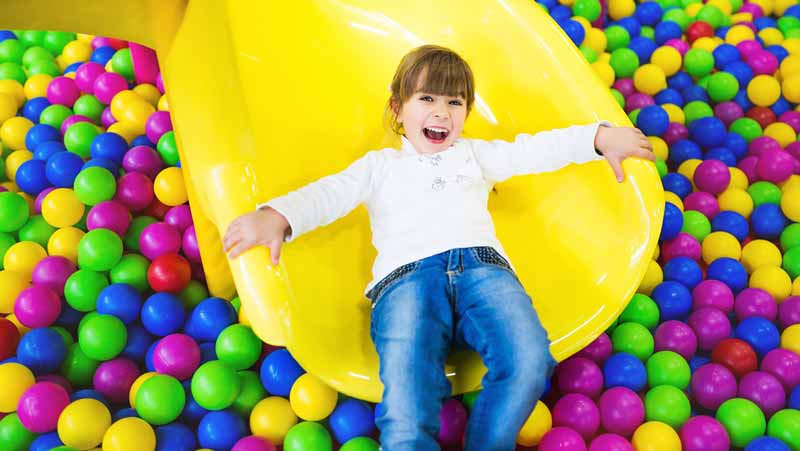At Right Start Inc, we know and understand that some parents may see playtime as a chance to give children a break from the classroom.
It is designed to help children burn off excess energy so that they can once again focus on their academics.
However, modern thinking sees playtime as much more than just a break from the classroom.
Children are building social skills with playtime.
Playtime helps children develop empathy, learn how to express themselves, and play activities are an integral part of a child’s social skills.
Let’s dive into the particular ways play activities can help children develop social skills.
What Is Play?
When defining play, it’s helpful to first examine what play is not.
Play is not a forced behavior. If a child is pressured or forced to engage in playful interactions with their toys or another child, this is not play.
Play is also not a miserable activity for the child. Instead, play is a voluntary behavior in which children engage in activities that are associated with enjoyment.
Play can be amusing, imaginary, productive, interpersonal, or solitary. Whether with toys, parents, other children, or nothing but their imagination, play allows kids to learn about themselves, their environment, and the world around them.
What are Social Skills?
Play is essential in developing and sharpening a child’s social skills.
These skills are what we use to interact with and communicate with others. Social skills are both verbal and non-verbal.
Verbal skills include speech, while non-verbal skills include gesture, expressions, and body language. “Reading” another’s body language, tone, and nuance is another key skill that children learn through play.
This skill helps them to better understand how to behave in various social situations.
The Importance of Play and Good Social Skills
Giving children free-play throughout their childhood; from birth through adolescence, is one of the best learning experiences parents and caregivers can provide.
Play allows children to navigate their world in infancy, learn about societal rules and problem-solving in their childhood years, and, develop self-control, patience, and negotiation skills as adolescents.
With a solid set of social skills, children grow up to be able to interact with the world in a much healthier and more productive way.
They are able to problem-solve, resolve conflict, have empathy, listen well, and care appropriately for others. In essence, healthy play sets a child up for success as an adult.
That being said, your children may be busy having too much fun to notice all the learning benefits fostered through appropriate play activities.
Here are some examples of life skills that play promotes:
- Problem-Solving Skills:
When children are given the opportunity to easily and confidently explore different outcomes and alternative processes within their playtime, it serves to develop their ability to use problem-solving skills in a creative manner.
The type of play that encourages this development is commonly known as exploratory play.
- Motor Development Skills:
Physical play is the term used to describe the range of activities that highlight the combination of a child’s natural energy and their physical movements, allowing them the chance to further enhance both their fine and gross motor development skills.
- Language Skills:
There are many components to the task of language development in children, which can be helped along by the act of verbal play.
Starting as infants, children begin to understand how sounds are put together, ultimately learning how to segment their speech away from a single continuous string of sounds and into separate words.
- Spatial Skills and Coordination:
Whether it’s building a tower out of cardboard boxes or connecting a string of magnets to make a mighty fortress that surrounds a toy castle, constructive play allows children to better understand basic object functions, such as stacking, building, constructing and drawing.
- Communication and Negotiation Skills:
Whether playing with friends, parents or family, children will engage in cooperative activities that help grow both their communication and negotiation skills, including but not limited to learning how to share toys, take turns and assist others children around them.
Problem-solving is also a huge component of social play, as children learn how to work through their playtime problems together.
- Creative Skills:
Creativity is both a common and crucial element of a child’s playtime activities, encouraged through a type of play known as expressive play.
Expressive play is a great way for children to make their feelings and emotions visible and better understood by others around them, serving as an effective calming mechanism as well.
Sometimes dramatic and always creative, expressive play sets the stage for children to learn how to better cope with their own difficult emotions, such as frustration, in a safe and nonthreatening way.
For more information on how our team can help, please give us a call today!

